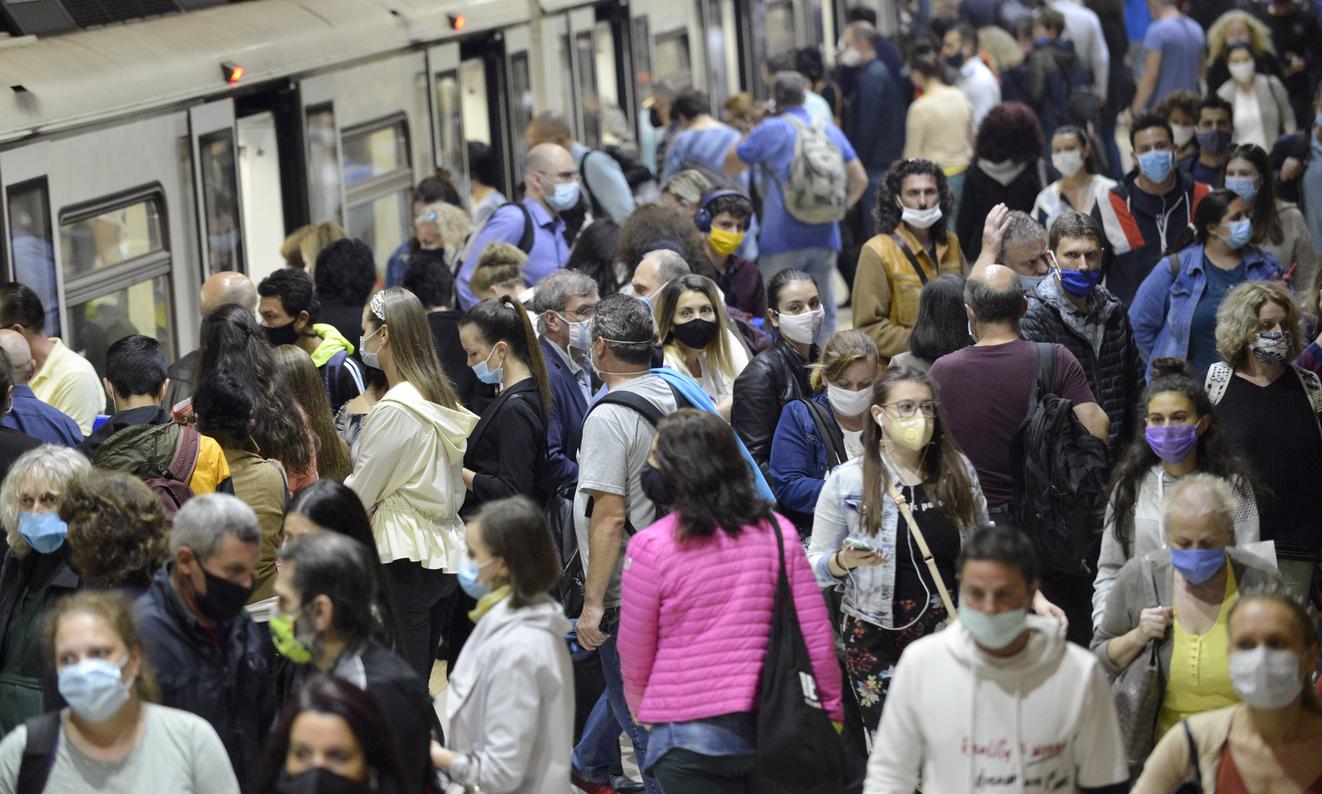The European Medicines Agency alerts Europe to the risk of a new wave of Covid-19 due to a variant of Omicron, BQ1, which would be more resistant to vaccines and could relaunch the epidemic.
-1666868471.jpg)
- The Omicron variant circulates exclusively in metropolitan France: since September, it has represented 100% of the sequences analyzed, according to Public Health France.
- Within the Omicron variant, the BA.5 sub-lineage is now the majority: it represents 91% of the sequences.
- More than 41,100 cases of Covid-19 were identified on October 26. The epidemic has been gaining ground in France since the end of August.
After almost three years of pandemic, and while with the easing of restrictions for several months the health crisis seems to be behind us, the Covid could make a marked comeback this fall.
According to the European Medicines Agency (EMA), a new wave of contamination could sweep across Europe in the coming weeks, caused by a new variant of Omicron, named BQ.1. Marco Cavaleri, head of vaccine strategy at the EMA, said during a online press conferencethat this new variant has already been identified in at least five European countries.
Omicron: BQ.1 strain could become prevalent before late fall
BQ.1 could become the prevalent strain of Covid-19 between mid-November and December, according to the EMA. However, it is not possible to predict whether it will be more virulent than the previous ones. Rather, the threat lies in its ability to evade the immunity offered by vaccination or previous Covid-19 infection.
While autumn is already well underway at this time, “we are already seeing an overall increase in Covid-19 cases and deaths” due to the disease in Europe. An increase in hospitalizations of patients over the age of 65 is also observed.
Mutations in Sars-CoV-2, the virus responsible for Covid-19, appear to be taking place “faster than we can adapt vaccines” admits Marco Cavaleri.
Recommendations to fight against this new variant of Omicron
In autumn and winter Covid-19 and the flu virus will circulate at the same time, which is why the EMA advises vulnerable people to be administered both vaccines.
She recommended also to generalize the vaccination of young immunocompromised children, with less concentrated versions of the vaccines. But it is up to the Member States to decide whether or not to launch a vaccination campaign for the youngest. The EMA already last week approved the use of vaccines from Pfizer and Moderna for children aged six months to five years.















